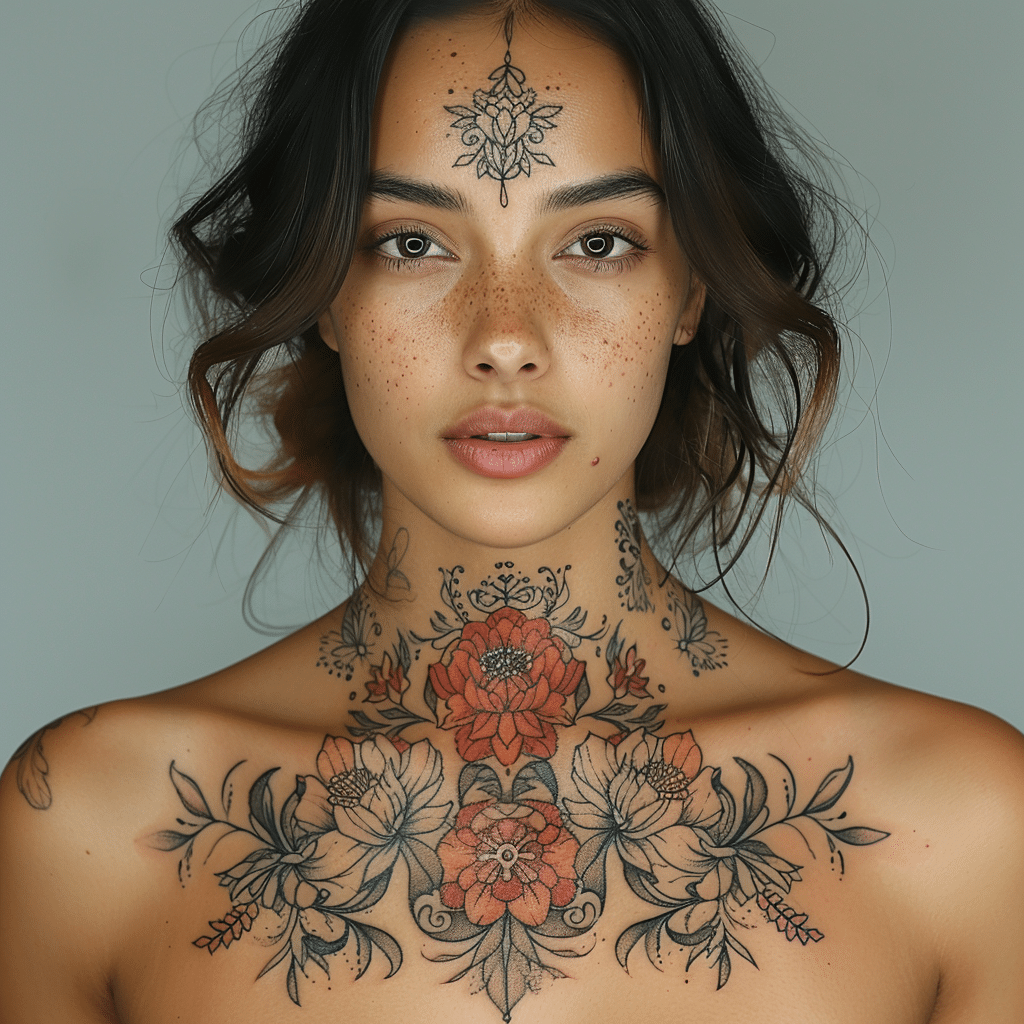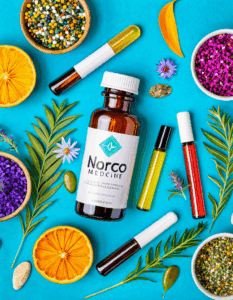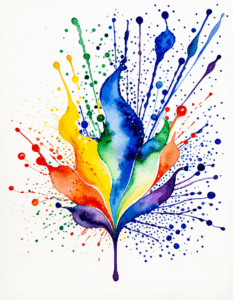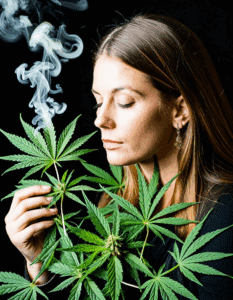Tattoo addiction—we’ve heard the term tossed around as people deck their skins with the indelible art of the needle, but what does it truly mean? The word ‘tattoo addiction’ is often misused. While you can’t be addicted to tattoos in the same way you might be to a substance, there’s a definite pull, an allure of addicted to ink, where feelings of need and a hunger for the adrenaline rush beckon. In the colorful world of permanent designs, every stroke tells a tale, and every color sings a piece of the soul’s melody.
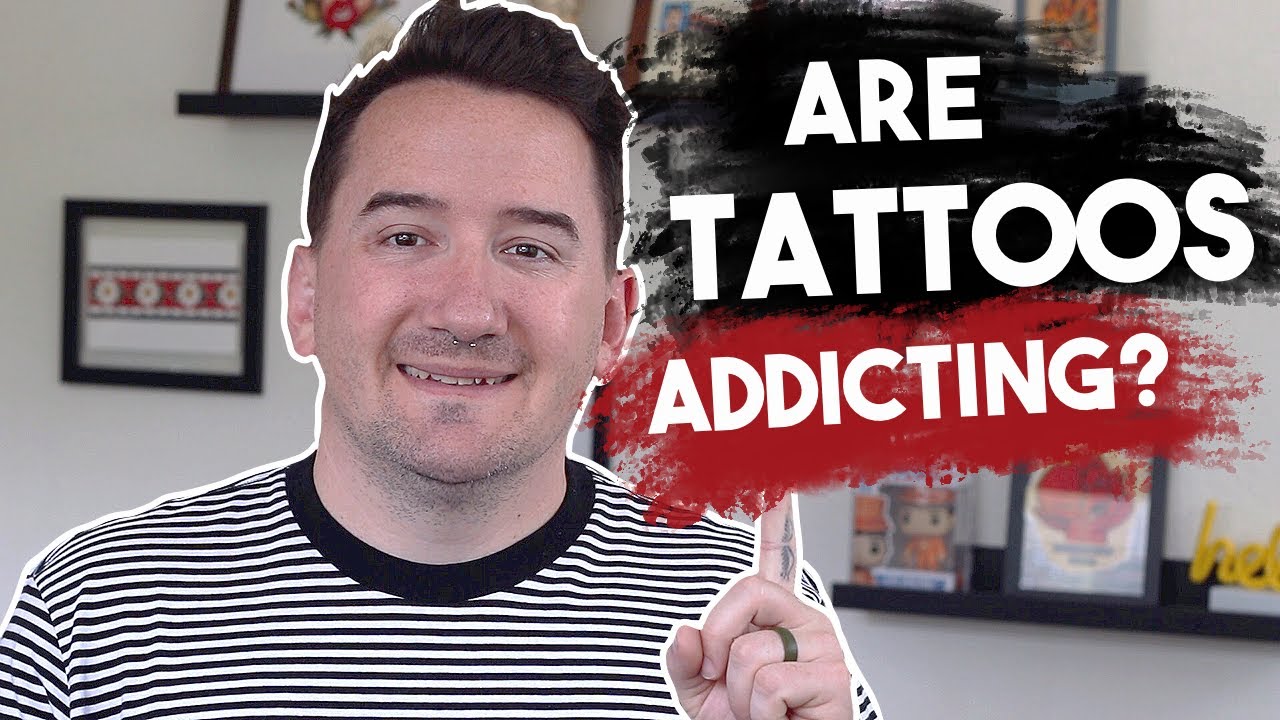
The Psychology Behind Tattoo Addiction
Psychological experts have gotten their hands dirty trying to understand the ink phenomena. For some, the hum of the tattoo machine is like a siren’s song, leading to a cascade of endorphins, the body’s natural high. Chats with people who live with their skin as their canvas often reveal that for them, tattoos are more than a mark; they are milestones, emotional outlets, their own ways of yelling, “This is me!” Have you ever tuned into the stories of die-hard fans on tattoo forums? Or followed the ink-laden journey of celebrated professionals like Kat Von D? They live a life inked in passion, where the physical joy of getting tattooed is just as compelling as the emotional connection to the art.
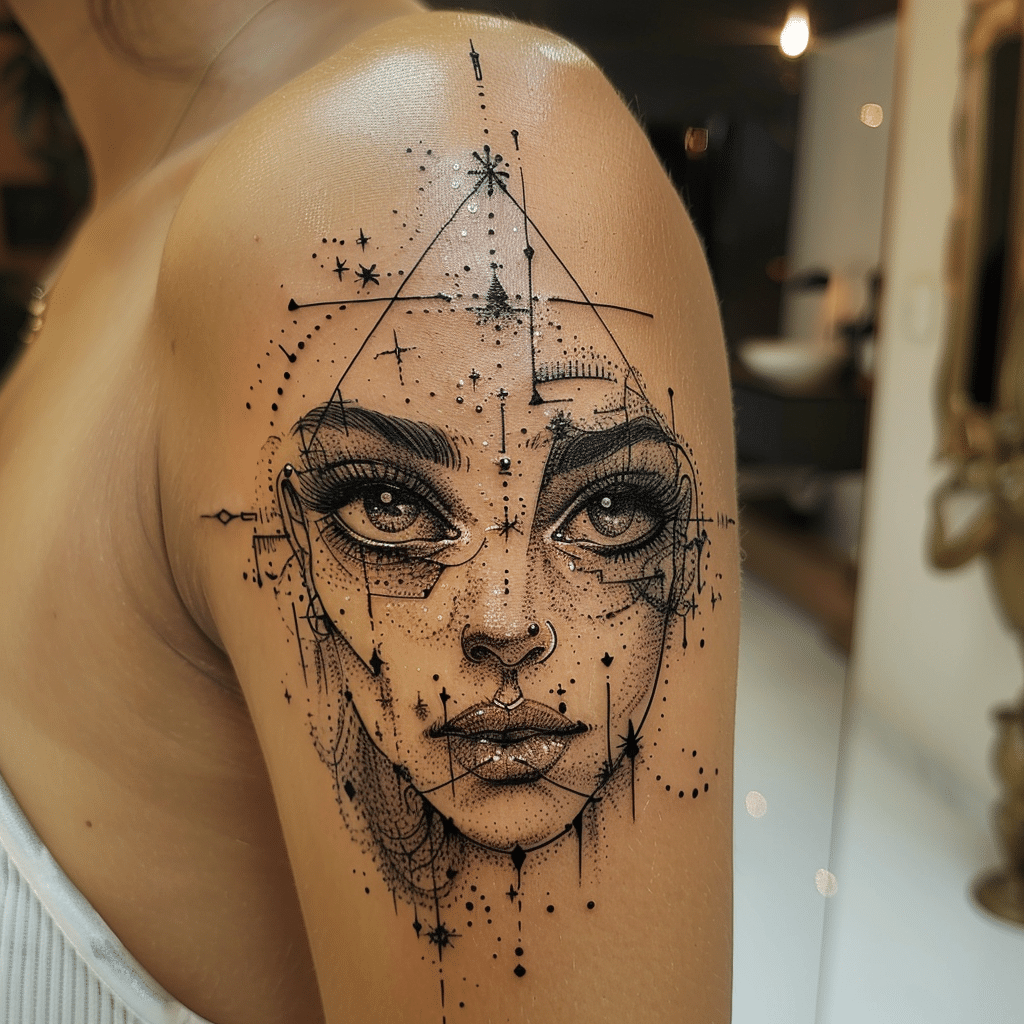
Nicasa’s Research on Tattoos: Recreational Enjoyment or Problematic Obsession?
Here’s where the scribble meets the skin. Nicasa Behavioral Health Services, deeply versed in studies of behavioral addiction, strikes a parallel between the compulsive seeking out of tattoos and the nature of substance abuses. Some folks see tattoos as collectibles—a sleeve here, a back-piece there—but others spiral into an obsession that takes the wheel. According to Nicasa’s pulse on the issue, there’s a stark contrast between those who wear their stories with measured pride and those whose hunger for ink might signal deeper issues.
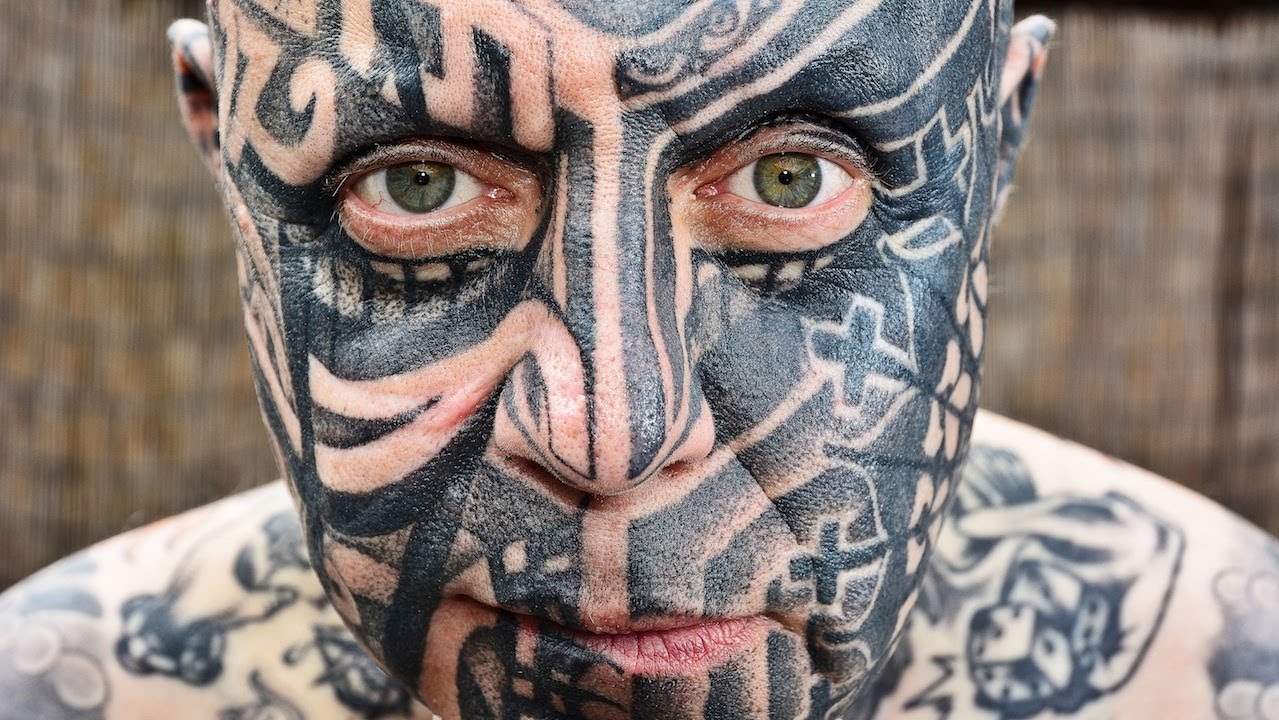
| Aspect | Details |
|---|---|
| Definition | Tattoo addiction is often a colloquial term describing a strong inclination toward getting multiple tattoos due to various psychological needs or desires. It is not categorized as an addiction in a clinical sense but rather as a form of dependence or compulsion. |
| Misconception | The term “addiction” is not clinically accurate for describing the habitual desire to acquire tattoos because it does not involve physical dependency. |
| Psychological Factors | – Adrenaline rush from the pain and experience – Attention-seeking behavior – Self-expression and personal storytelling – Independence and rebellion – Sexual motivations – A sense of identity and belonging |
| Potential Risks | – Overspending on tattoos – Regret over impulsive decisions or choice of tattoo design – Potential social and professional stigma |
| Regret Statistics | – After 6 months to a year: Approximately 15% experience regret – After 2 years: The regret level can climb to over 51% according to a survey by Advanced Dermatology in Illinois |
| Removal Options | – Enlighten laser tattoo removal system is cited as an effective method – Other common removal options include Q-switched lasers, picosecond lasers, and surgical excision |
| Cultural Shifts | – Tattooing has transitioned from taboo to more mainstream acceptance – Increased prevalence in various demographics |
| Social Concerns | – Tattoos were historically linked with criminal activity or prison affiliations in certain cultures – Modern tattooing practices are generally safe, but unhygienic conditions can lead to health risks such as infections or transmission of diseases |
| Motivations for Tattooing | – Attention, self-expression, and storytelling – Independence and rebellion – Personal narrative and tradition reminders – Sexual motivations – Drunken impulsiveness or addiction to experiences |
Addictions in Ink: When Tattoo Collecting Crosses the Line
How can you tell a genuine love for art from a need churning under the surface? Addictions in ink are not about having a full sleeve or a hidden gem of a tattoo; it’s about behavior that hints at compulsiveness. Just look at a chap like Chris Baker of Ink 180, a noble soul using his talent to cloak the scars of gang violence and human trafficking. His work casts a light on how ink can heal or hurt, depending on one’s connection to it. And then, there’re those for whom tattoos are a ball and chain, affecting careers and personal relationships in ways they never expected.

The Phenomenon of Transfer Addiction: Tattoos as a Substitutive Habit
Think of transfer addiction as a shadow shifting its shape. A person might tame one beast only to find another lurking, ready to take its place. For some, tattoos become a stand-in for substances they once clung to—a new focus of intensity. There’s a wealth of touching stories, backed by professionals like addiction recovery therapists, that paint a vivid picture of individuals moving from the haze of substance abuse to the sharp focus of a needle’s promise.
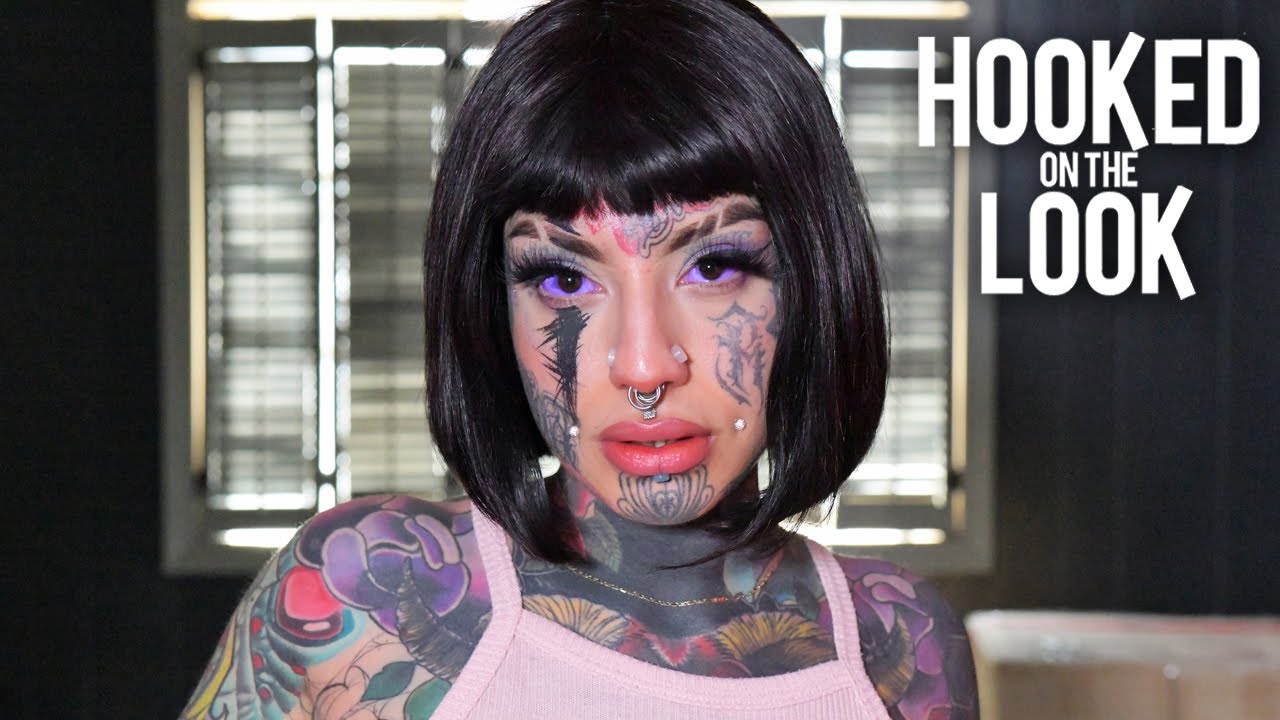
The Double-Edged Sword of Tattoo Regret and Removal Processes
And as the adage goes, “Regret is a dish best not served at all.” Yet, tattoo removal clinics are bustling with those wishing to dial back the clock. Owing to stats from Advanced Dermatology in Illinois, within a couple of years, a significant number of inked individuals start feeling the pangs of tattoo regret. Seeking dermatologists for removal has become as commonplace as getting the tattoos themselves, taking a toll not only on wallets but also on mental states.
The Road to Acceptance: Learning to Live with Inked Decisions
Amidst the ink and needles lies a path to acceptance. The journey isn’t just about the physicality of tattoos but also about how one emotionally embraces them as a part of their identity. Through the eyes and experiences of folks in support settings like ‘Inked Souls’, we can empathize with the voyage from self-doubt to self-acceptance, eventually wearing tattoos not as the marks of regret but badges of resilience.
Navigating the Inked Landscape: Support and Resources for Those Struggling
For those feeling the pull of the needle a tad too strongly, there’s a beacon of hope. Places such as Nicasa offer a map to traverse this tricky territory. With solid options like counseling services, online forums, and support systems, there are methods to balance the allure of ink with everyday life. Whether you’re swaying to the tune of Ryan Sheckler skateboard stunts or swaying to the beats of Weezer blue, support beckons at every corner—from health park owensboro ky to frank Grillo workout regimes, and from loan modification services to Ww Meetings near me and zoom aa Meetings near me. These links in the chain of recovery underscore the importance of reaching out before your fascination with ink becomes more than just a part of you.
Sculpting the narrative around ‘tattoo addiction’, this piece invites a profound introspection into desires and regrets in the world of tattoos. We’ve ventured through psychological drives, societal tolls, rehabilitation tales, and the pangs of removal. Tattoos are far more than ink on skin; they are woven stories, etched memories, and sometimes, silent cries for a lost self. As we inch forward as a society, our kinship with those who choose to narrate life in permanent ink must be wrapped in understanding and support, like the gentle touch of an artist’s hand. So let’s keep the conversation alive, for it is in the shared stories that we find our path to compassion and collective healing.
Understanding Tattoo Addiction
The Inkling of Obsession
Have you ever wondered why some people can’t seem to stop at just one tattoo? Well, hold onto your hats, because we’re diving into the captivating world of tattoo addiction. Did you know our skin is like a canvas for stories, a place where art meets personal history? It’s no surprise that for many, getting inked is as addictive as the buzz of a bee. It turns out, the rush one feels during the needle’s hum can trace its roots back to endorphins – those feel-good chemicals that dance through our bodies like nobody’s watching. This endorphin high can be as alluring as the scent of fresh rain on a parched day.
And it gets better – tattoos remind people of significant life events, symbolizing everything from triumph over adversity to cherished memories. But, watch out! The adage “too much of a good thing” can apply here. You see, the same way people crave another slice of mouth-watering chocolate cake, someone with tattoo addiction might find the call of the chair irresistible. The desire to add more ink can become a story etched not just on the skin but woven into the narrative of life, with each tattoo shouting, “Hey, look at me! I’m a chapter in a larger tale!”
The Regret Factor
However, hold the phone, because it’s not all sunshine and rainbows. With every tickle of the needle, there’s a chance of someone waking up with a serious case of ink regret. Remember that starry-eyed love for tattoos? It can skid into a pit-stop of regret faster than a toupee in a hurricane. Like the whims of fashion, tastes change, and what was once the epitome of cool can transform into a smudge on the chronicles of personal history.
But let’s pump the brakes for a second and consider this – it’s not the end of the road. With today’s advancements in tattoo removal technology, there’s a silver lining to this cloudy conundrum. Techniques have advanced by leaps and bounds, offering a backspace button for those who’ve outgrown their ink. While it’s not a walk in the park, it’s a shining beacon of hope for anyone looking to part ways with their once-loved designs. So, whether you’re wearing your tattoos with pride or peeking at them through fingers of regret, tattoo addiction is a phenomenon that certainly leaves its mark.
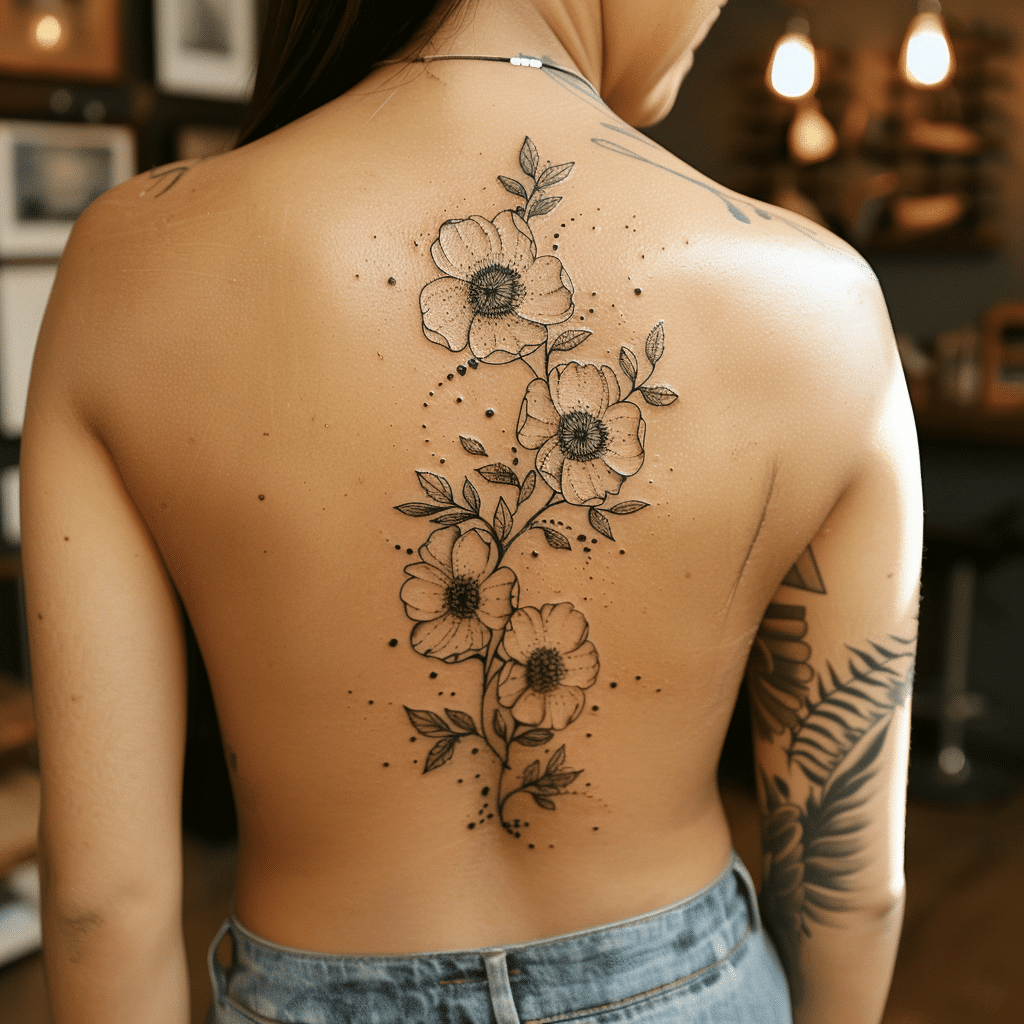
Can getting tattoos be an addiction?
While some people might throw around the word “addiction” when it comes to tattoos, it’s not technically correct. What some might experience is more of a dependence, feeling a need for more tattoos, which can be similar to a need for the adrenaline rush that comes with being tattooed.
Why am I so obsessed with tattoos?
Folks often get obsessed with tattoos for various reasons, such as the thrill of self-expression, the rush of adrenaline from the tattooing process, or simply the joy of collecting art on their body. And yep, for some, it feels like asserting their independence or crafting a personal narrative.
What is the regret rate for tattoos?
A survey by Advanced Dermatology revealed that about 15% of people start feeling regret within the first year of getting a tattoo, and that number shoots up to 51% within two years. Seems like the excitement can wear off for quite a few folks.
Does tattoo regret ever go away?
The sting of tattoo regret isn’t something you have to live with forever. Nowadays, there are some pretty impressive methods, like the enlighten laser tattoo removal system, that can help you say goodbye to any unwanted ink.
Are tattoos linked to mental health?
There’s been some talk about whether tattoos are linked to mental health, and research suggests that for some people, getting tattoos is a way to cope with things. But it’s important to remember that everyone’s story is different, and tattoos can have a range of meanings and purposes.
Is it unhealthy to get a lot of tattoos?
While there’s no concrete answer on whether getting a ton of tattoos is unhealthy, it really boils down to safe practices. As long as you’re going to reputable artists and maintaining good aftercare, there’s no solid proof that says it’s harmful to your health.
What type of people get tattoos?
All sorts of people get tattoos, from rock stars to lawyers to stay-at-home parents. They can symbolize different things like milestones, memories, or beliefs, and are a form of self-expression for folks from all walks of life.
Why can’t I stop getting tattoos?
If you’re finding it tough to stop getting tattoos, it might be because you’re chasing the adrenaline rush that comes with each new piece, or you might just really dig the way it lets you express yourself.
Why do Millennials have so many tattoos?
Millennials seem to have latched onto tattoos big time, likely because they’re all about personal expression and embracing uniqueness. They’re also coming up in a time when tattoos aren’t quite the taboo they used to be.
What is the most regretted tattoo?
The top contender for the most regretted tattoo tends to be those inked names of ex-partners. It’s hardly surprising since relationships can change, but tattoos are a bit more permanent.
Are tattoos losing popularity?
Tattoos were once losing steam, facing a bit of a taboo. But these days, with more celebrities and influencers flashing their ink, it feels like everyone’s getting tattooed and they’re back to being all the rage.
Are tattoos gaining or losing popularity?
You bet tattoos are gaining popularity. Seems like everywhere you look, tattoos are popping up more and more, especially with younger generations who are all about that ink.
Where do tattoos age the least?
Ink tends to stay fresh longest in places that don’t cop as much sun or stretching from daily movements—think areas like the back, chest, or inner arm.
What percent of Americans have a tattoo?
Last time someone took stock, they reckon about a quarter of Americans have at least one tattoo. That’s quite a few people showing off some ink!
Are tattoos out of style?
Tattoos aren’t out of style at all—in fact, they seem to be more popular than ever. It’s like they’ve become part of mainstream fashion now, no longer just for the rebels.
Do people with tattoos crave attention?
While it’s not fair to say everyone with tattoos is seeking attention, for some, it’s definitely a way to stand out from the crowd. But for plenty of others, it’s more about personal meaning or art appreciation.
Do you get dopamine from tattoos?
Getting inked does actually release some dopamine—that’s the feel-good chemical in your brain. That’s part of why some people can end up feeling a bit hooked on the whole tattoo process.
Are people with tattoos healthier?
There’s no clear-cut answer on whether folks with tattoos are healthier overall, but there’s no evidence to suggest that tattoos themselves make a person healthier or unhealthier.
Is tattoo ink considered a drug?
Tattoo ink isn’t classified as a drug, no. It’s made up of pigments and carriers that transfer the color into your skin, but it doesn’t affect your body like substances that are considered drugs.

